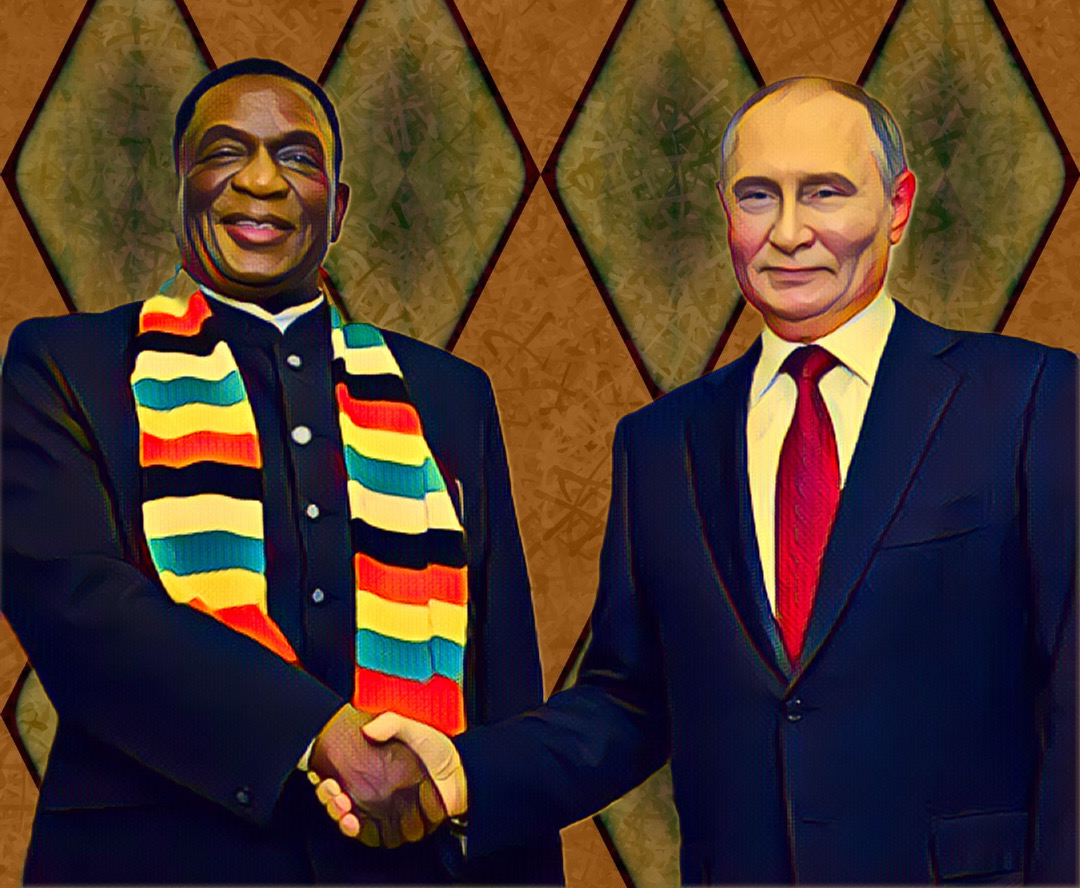The diplomatic landscape between Zimbabwe and Zambia has grown increasingly strained following comments made by Zimbabwean President Emmerson Mnangagwa. During a recent visit to Russia, Mnangagwa criticized Zambia for its perceived closeness with Western countries, particularly the United States. His allegations centered around the establishment of a United States Africa Command (AFRICOM) office in Lusaka, which he claims poses a security threat to Zimbabwe and contributes to a sense of regional isolation.
Zimbabwe Calls for Regional Mediation
Reacting to these developments, the Zambian government has reached out to the Southern African Development Community (SADC) and the African Union (AU) seeking mediation. In a detailed address to the Zambian Parliament, Foreign Affairs and International Cooperation Minister, Mulambo Haimbe, expressed the need for immediate action from these regional bodies to mitigate what he described as an “unwarranted attack on Zambia’s sovereignty.” He emphasized that Mnangagwa’s statements not only lacked foundation but also jeopardized the spirit of unity and mutual respect crucial for regional cooperation.
President Mnangagwa’s concerns were articulated during his visit to St. Petersburg, Russia, where he met with Russian President Vladimir Putin. In a conversation that became a point of controversy, Mnangagwa expressed unease over the increasing American influence in Zambia, both in terms of security and financial support. He depicted this influence as an attempt by the West to consolidate power in Zambia, thus isolating Zimbabwe further in the region.
Zambia’s Stance and Reactions
In response, Zambian officials have defended their cooperation with the United States, arguing that AFRICOM’s presence aims to enhance regional security and stability rather than undermine it. Minister Haimbe, addressing parliamentary members, clarified that the AFRICOM office in Lusaka is part of an initiative to strengthen security cooperation and capacity building across the region. He stressed that Zambia’s alliance with the United States is transparent and aligned with its commitment to regional peace and stability.
The unfolding diplomatic row has not only heightened tensions between the two neighboring countries but has also captured the attention of regional and international observers. The presence of AFRICOM in Zambia is seen by some as a strategic move by the U.S. to bolster its influence in Southern Africa, a development that has evidently caused discomfort in Harare.
The situation underscores the delicate balance of diplomacy in Southern Africa, where historical ties and contemporary geopolitical dynamics intersect. As Zimbabwe seeks support from its traditional ally Russia to counter perceived threats, the need for constructive dialogue and understanding between Zimbabwe and Zambia becomes increasingly apparent. Both nations share a rich history of liberation war camaraderie, making the current diplomatic tensions particularly poignant.
As SADC and AU prepare to step in, the focus is on resolving the dispute in a manner that maintains regional integrity and fosters a cooperative future. The global community remains watchful, hoping the mediation efforts will restore stability and reinforce the bonds of friendship and mutual respect that have long united the Southern African region.
Source: New Zimbabwe


